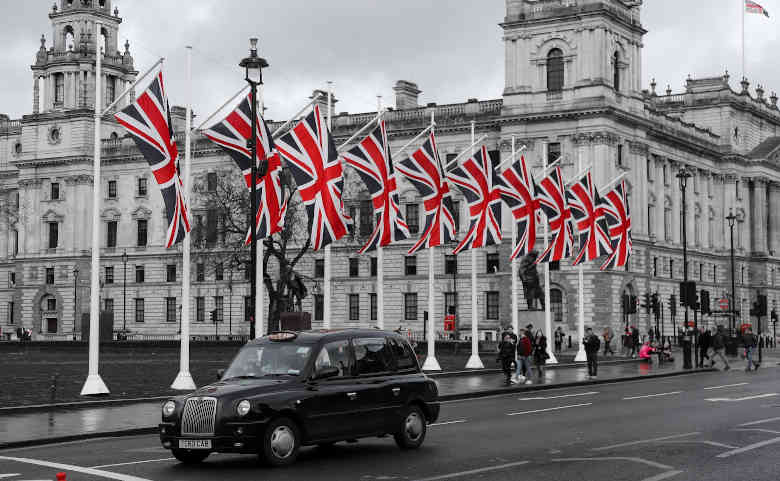Briefings for Britain, July 27, Catherine McBride
The closure of Nigel Farage’s bank account is a warning to us all that pernicious forces are misusing rules on corporate responsibility and concern for the environment not only to close individual and small business bank accounts, but to undermine an industry that underpins the entire UK economy by starving it of critical finance.
Most people will have heard of the cancellation of Nigel Farage’s Coutts Bank account and the subsequent lies fed by Alison Rose, CEO of Coutts’ parent company NatWest, to a BBC reporter and her eventual unwilling resignation. This breach of GDPR rules and client confidentiality, the very foundation of banking ethics, on its own should have led to her dismissal for gross misconduct. But Rose also demonstrated clearly that there is no Chinese wall between the Boards of Coutts and NatWest and that customers of Coutts should not expect to keep their accounts open if they dare to question prevailing metropolitan groupthink on ESG, Net Zero and EDI, or don’t celebrate LBGTQWERTYUIOP week (no, we’re not sure what it means either).
Equally disturbing is the real reason behind the decision to close Farage’s account – a report from an internet vendor, World Check, run by Refinitiv. Most of the information was spurious and came from well-known left-leaning or pro-Remain websites and media outlets. It appears that Coutts’ opinion of Farage relied on online ‘evidence’, even though Anti-Money Laundering regulations, which cover due diligence for Politically Exposed Persons, require banks to gather information from a trusted third party. Anyone with a truly diligent mind would have spotted World Check’s anti-Farage bias, and anyone who has followed the news would have known that the worst accusations against Farage had been proven false in court. Farage was, after all, an elected MEP for 20 years, wining a seat in 5 EU parliamentary elections, and ran a successful referendum campaign on EU membership, so if anything, his views reflect mainstream UK political opinion. He is now a very successful broadcaster, with more viewers than the Guardian has readers, but still the luvvies at Coutts don’t want to be associated with him.
Click here to read the piece in full.

